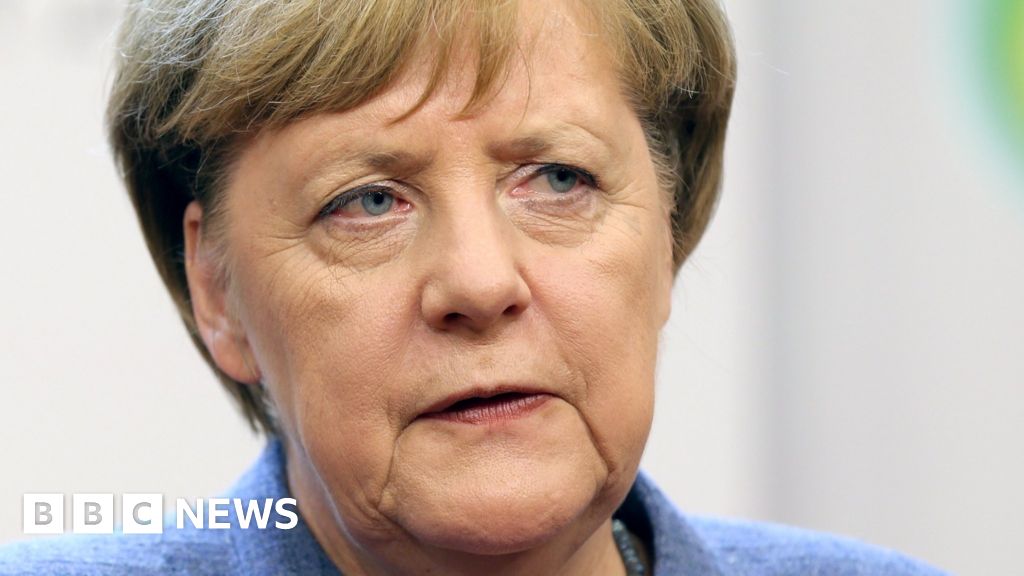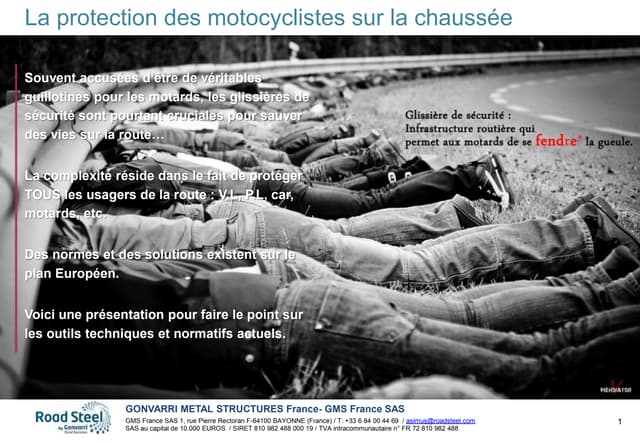Germany's Coalition Talks: Sources Anticipate Deal Around Midday

Table of Contents
Keywords: Germany coalition talks, coalition government Germany, German politics, SPD, Greens, FDP, coalition negotiations Germany, political deal Germany, traffic light coalition
Intense negotiations are underway in Germany as parties race to form a new coalition government. Sources close to the talks suggest a deal is imminent, potentially finalized around midday. This article will break down the key factors driving this anticipated breakthrough and explore the potential implications for German politics and the future direction of the country. The formation of this new coalition government will significantly impact Germany's domestic and foreign policies for years to come.
Key Players & Their Demands
The three main parties involved in the Germany coalition talks are the SPD (Social Democratic Party), Bündnis 90/Die Grünen (Green Party), and the FDP (Free Democratic Party). Each party brings distinct priorities to the negotiating table, leading to both areas of agreement and significant points of contention.
SPD (Social Democratic Party)
The SPD, led by Chancellor Olaf Scholz, prioritizes social justice, climate action, and economic fairness. Their key policy priorities include strengthening social safety nets and ensuring a just transition to a green economy.
- Increased minimum wage: The SPD advocates for a substantial increase in the minimum wage to improve living standards for low-income workers.
- Expansion of social welfare programs: They aim to expand access to affordable healthcare, childcare, and other social services.
- Ambitious climate targets: While acknowledging the need for economic viability, the SPD supports ambitious but realistic climate protection goals.
Bündnis 90/Die Grünen (Green Party)
The Green Party, known for its strong environmental platform, centers its coalition demands around climate action and environmental protection. Their focus is on a rapid and just transition to a sustainable future.
- Faster phase-out of coal: The Greens are pushing for an accelerated phase-out of coal-fired power plants.
- Significant investments in renewable energy: They advocate for massive investments in renewable energy sources like wind and solar power.
- Sustainable transport policies: Promoting public transportation, cycling, and electric vehicles are central to their agenda.
FDP (Free Democratic Party)
The FDP, championing economic liberalism and individual freedoms, enters these coalition negotiations with a focus on fiscal responsibility and deregulation.
- Tax cuts: The FDP is pushing for significant tax cuts to stimulate economic growth.
- Deregulation: They advocate for reducing bureaucratic burdens on businesses to foster innovation and competition.
- Less government intervention: The FDP emphasizes a smaller role for the state in the economy, prioritizing market-based solutions.
Major Sticking Points & Compromises
While the three parties share some common ground, several crucial sticking points remain. Finding compromises on these issues will be essential for the success of coalition negotiations.
Climate Policy
The most significant hurdle is likely to be reconciling the differing levels of ambition regarding climate policy. The Greens push for rapid decarbonization, while the SPD and FDP advocate for a more gradual approach, emphasizing economic realities. Potential compromises might include a revised coal phase-out timeline and increased financial incentives for green technologies.
- Potential compromise on coal phase-out timeline: A later-than-hoped-for phase-out date might be negotiated to appease economic concerns.
- Financial incentives for green technologies: Substantial government funding for research, development and implementation of renewable energy solutions could bridge the gap.
Economic Policy
Disagreements over taxation and social spending also pose challenges. The FDP's focus on tax cuts clashes with the SPD and Greens’ desire for increased social welfare spending. Compromises will likely involve targeted tax cuts alongside strategic investments in social programs.
- Negotiations over tax rates: Finding a balance between tax cuts to stimulate the economy and maintaining funding for social programs is a key negotiation point.
- Potential for compromise on welfare spending: Targeted investments in areas such as childcare or elder care may be prioritized over broad-based expansions of welfare programs.
Immigration & Integration
Differing viewpoints on immigration and integration policies also need careful negotiation. Finding common ground on asylum procedures and integration programs will be crucial for securing a stable coalition agreement.
- Discussions regarding asylum policy: Balancing humanitarian concerns with the needs of the German population will require sensitive negotiations.
- Integration programs: Agreement on efficient and effective integration programs for newcomers will be a key factor.
Potential Coalition Composition & Policy Implications
The most likely outcome is a "traffic light coalition"—a coalition government formed by the SPD (red), Greens (green), and FDP (yellow). This coalition would bring together diverse political viewpoints, requiring significant compromise and skillful negotiation.
The resulting policy shifts could range from ambitious climate protection measures and social reforms to more moderate fiscal policies. The traffic light coalition's success will hinge on its ability to balance these competing priorities. The implications for both German domestic policy and Germany’s role in the European Union and international affairs will be significant.
- Predicted policy changes: Expect significant investments in renewable energy, reforms in social security, and a balanced approach to economic policy.
- Implications for the EU and international relations: Germany's stance on European integration and its global partnerships will be heavily influenced by the coalition's priorities.
Conclusion
Germany's coalition talks are poised for a breakthrough, with a deal expected around midday. The negotiations have highlighted the key priorities of the SPD, Greens, and FDP, as well as significant sticking points around climate policy, economic policy, and immigration. The most likely outcome is a traffic light coalition, which will shape Germany's domestic and foreign policies for years to come. The coalition's ability to balance competing priorities and deliver on its promises will be critical to its success.
Call to Action: Stay updated on the latest developments in Germany's coalition talks. Check back later for further updates and analysis as the situation unfolds. Follow us for more on German politics and the formation of the new German government.

Featured Posts
-
 Where To Stream Untucked Ru Pauls Drag Race Season 16 Episode 11 Legally And Free
Apr 30, 2025
Where To Stream Untucked Ru Pauls Drag Race Season 16 Episode 11 Legally And Free
Apr 30, 2025 -
 Police Watchdog Challenges Panoramas Chris Kaba Episode With Ofcom Complaint
Apr 30, 2025
Police Watchdog Challenges Panoramas Chris Kaba Episode With Ofcom Complaint
Apr 30, 2025 -
 Ameliorer La Securite Routiere Le Role Des Glissieres De Protection
Apr 30, 2025
Ameliorer La Securite Routiere Le Role Des Glissieres De Protection
Apr 30, 2025 -
 Rare Photos Jay Z With Blue Ivy And Rumi Carter At The Super Bowl
Apr 30, 2025
Rare Photos Jay Z With Blue Ivy And Rumi Carter At The Super Bowl
Apr 30, 2025 -
 Ru Pauls Drag Race Season 17 Episode 6 A Preview And Guide
Apr 30, 2025
Ru Pauls Drag Race Season 17 Episode 6 A Preview And Guide
Apr 30, 2025
